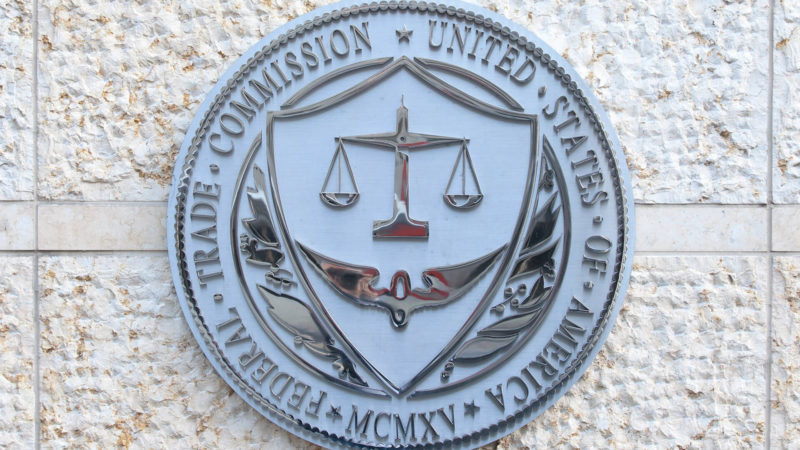Yelp says Google violated ‘do not crawl’ provision of 2013 FTC settlement agreement
Reportedly, numerous Yelp business images were found in Google Maps.
Yelp has sent a letter to the Federal Trade Commission (FTC) asserting that Google is improperly using Yelp images in local search results in violation of its 2013 antitrust settlement with the regulatory agency. Yelp also circulated the letter to several members of Congress and state attorneys general, according to a report in The Wall Street Journal.
The 2013 settlement concluded nearly two years of investigations and political maneuvering. As part of the agreement, Google said it would:
[M]ake available a web-based notice form that provides website owners with the option to opt out from display on Google’s Covered Webpages of content from their website that has been crawled by Google. When a website owner exercises this option, Google will cease displaying crawled content from the domain name designated by the website owner on Covered Webpages on the google.com domain in the United States. Website owners will be able to exercise the opt-out described above by completing a web-based notice form. Google will implement the opt-out within 30 business days of receiving a properly completed notice form . . .
Reportedly, the commitment lasts through the end of this year, though that isn’t explicitly stated in the FTC discussion of the settlement or Google’s accompanying letter to the FTC.
The “do not crawl” provision of the settlement agreement came partly in response to 2011 Yelp claims that Google was requiring that the review site allow use of its content on Google Place Pages as a condition of being included in Google’s search index.
I have been unable to independently find Yelp images being used in Google Maps. However, the WSJ article cites multiple examples:
Yelp said it investigated and found that over one hour, Google pulled images from Yelp’s servers nearly 386,000 times for business listings in Google Maps, which Google exempted from its promise to not scrape content. Yelp then searched Google for 150 of the businesses from those map listings and found that for 110 of them, Google used a Yelp photo as the lead image in the businesses’ listings in search results.
For instance, googling “brooklyn zoo williamsburg” on a smartphone yields a box atop the search results with information about the Brooklyn Zoo NY gym in Brooklyn, including its address, hours and reviews. Also included is a photo of the gym’s interior, which was pulled from its Yelp page. Other examples include Mount Sinai Hospital in Chicago and the Capital Mall in Olympia, Wash. Users or business owners typically post photos on Yelp.
If Google is found in violation of the 2013 settlement agreement, each instance “may result in a civil penalty of up to $16,000,” according to the FTC release. If each image is treated as a separate violation, that would hypothetically trigger penalties of more than $6 billion, which is entirely unlikely.
If the “do not crawl” provision of the agreement does in fact expire at the end of this year, it’s not clear what will happen in 2018. Google could potentially resume crawling and inclusion of third-party content over publisher objections. I suspect, however, that Google would not do so and risk a high-profile outcry from Yelp and potentially others.
Such a move wouldn’t help Google’s case in Europe, nor in the US, where an uncertain and volatile political climate could potentially create new risks for the company.
Postscript: After this story posted, Google provided the following comment:
For many years, we’ve been in regular contact with Yelp about product changes and how they appear in search results. This is the first time we’ve heard of Yelp’s complaint that images from their site may be appearing in the way they claim. If they’d raised this concern with us, we would have immediately taken steps to look at the issue and update these results — as we’re doing now.
Opinions expressed in this article are those of the guest author and not necessarily Search Engine Land. Staff authors are listed here.
Related stories
